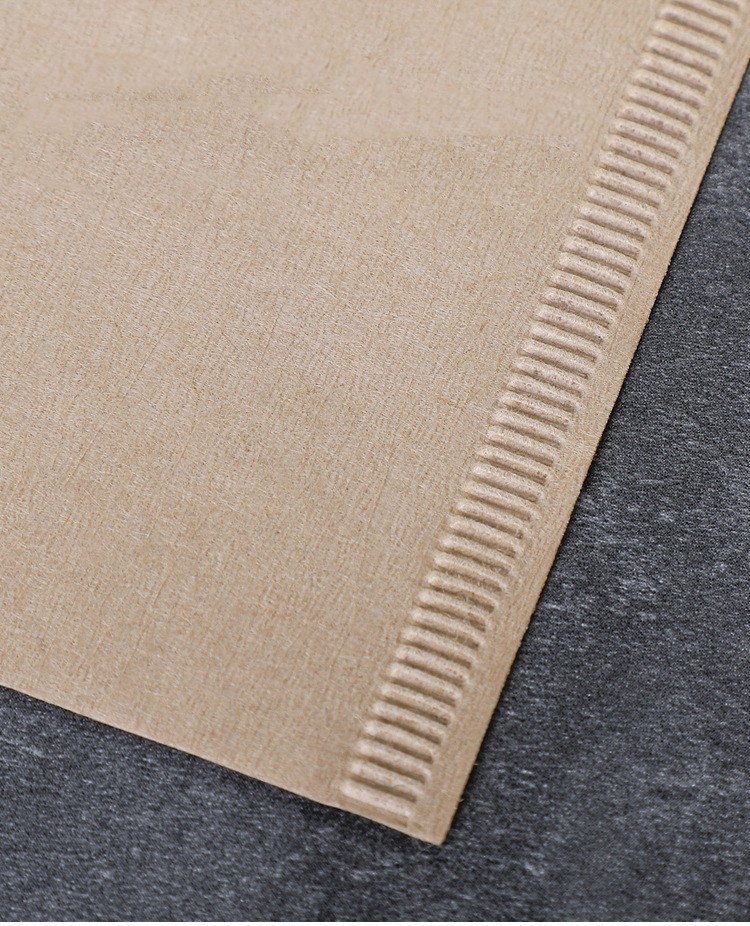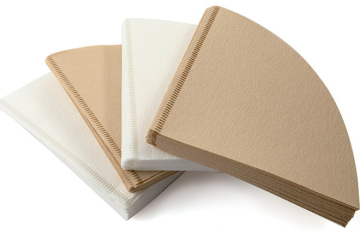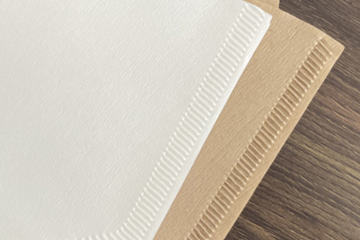Kitchen Paper vs. Coffee Filters: A Clear Distinction
In the kitchen, kitchen paper stands out for its strong absorption of oil and water. However, when it comes to coffee making, some might consider using it as a coffee filter due to its absorbency. Yet, this is a mistake.
Despite both being paper products, kitchen paper and coffee filters differ significantly in use, material, and characteristics. In coffee brewing, coffee filters offer distinct advantages over kitchen paper.
Coffee filters are crafted from specialized fibers, treated to effectively filter coffee grounds while retaining the aroma and flavor of the coffee. Kitchen paper, designed for absorbing grease and moisture, is unsuitable for coffee filtration, potentially mixing paper fibers into the coffee, compromising its taste and purity.



Coffee filters excel in filtration, thanks to their unique fiber structure and fine pores, ensuring every drop of coffee is pure. In contrast, kitchen paper’s filtration may be uneven.
Additionally, coffee filters are environmentally friendly and biodegradable, often made of eco-friendly materials. Although disposable, kitchen paper may not be as eco-conscious in material and treatment.
Professionally designed for coffee, coffee filters undergo rigorous quality control, ensuring optimal brewing results. Kitchen paper, varying by brand and material, cannot match this quality assurance.
Thus, kitchen paper, despite its absorbency, is not a suitable coffee filter substitute. Coffee filters, with their unique material, superior filtration, and eco-friendliness, are a must for coffee enthusiasts.
For a pure coffee experience, choose high-quality coffee filters to enhance your brewing journey.


0 Comments